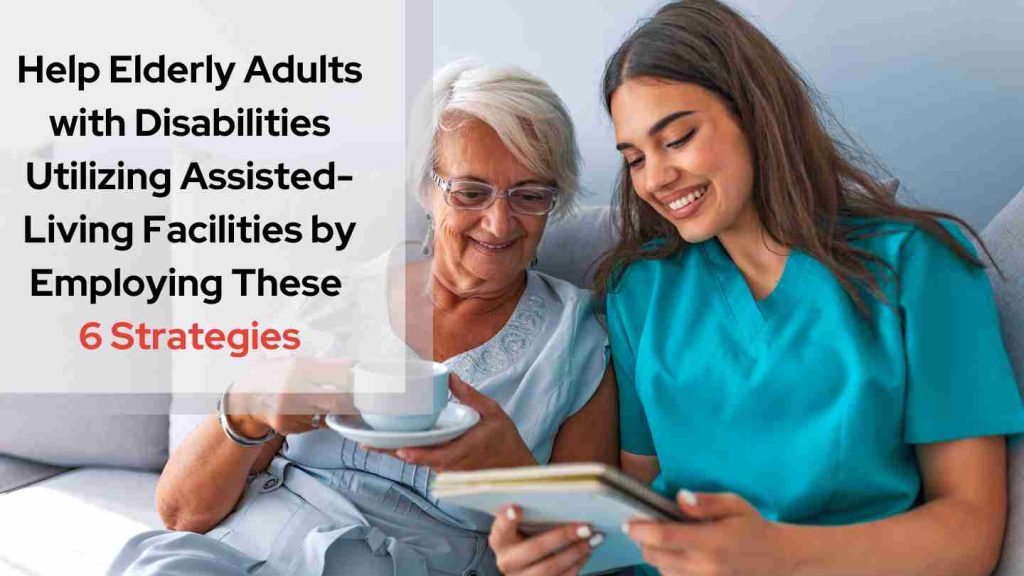- Oak Brook:(630) 705-9999
- Chicago:(312) 920-8822
- Email:inquiry@vervecollege.edu
- Make a Payment
- Home
- Programs
- Admission
- Resources
- ATI Entrance Exam Resources
- New E-Digital Library
- Refer a Friend
- School Newsletter
- Events
- Employers
- Job-Network
- Alpha Beta Kappa Candidates
- Verve College Library
- Graduation and Pinning Ceremony Photo Galleries
- Textbook Information
- Career Services
- Tutoring
- School Catalog
- FAQ
- Constitution Day Program
- Alumni
- Verve College Plans
- Financial Aid
- HEERF Reporting
- Satisfactory Academic Progress
- Apply For Financial Aid
- Net Price Calculator
- Return of Title IV Funds (R2T4)
- Financial Aid Office Code of Conduct
- Contact
- FAQs
- Verification Policy
- Vaccination Policy
- Student Right-to-Know Act
- Misrepresentation
- Information Security Program
- Academic Award Year
- Availability of Employee
- Cost of Attendance
- Health & Safety Exemption Requirement
- Students Rights and Responsibilities
- Leave of Absence
- Pell Formula
- Military Students
- Grants/ Scholarship Policy
- Contact Us
- Login
- Testimonials
- Blog
Is a Nursing Career Right For You?
Take The Free Quiz
Help Elderly Adults with Disabilities Utilizing Assisted-Living Facilities by Employing These 6 Strategies
Help Elderly Adults with Disabilities Utilizing Assisted-Living Facilities by Employing These 6 Strategies
World Health Organization estimates that by 2050, 15 percent of the population will be 60 or older. While some may remain healthy, statistics reveal that at least one out of four will become disabled during that timeframe.
More than 30% of adults aged 65 years or older are living with disabilities. Mobility-related conditions, such as balance or walking issues, hearing or vision impairments, and cognitive disorders like dementia or Alzheimer’s, are the most prevalent forms of impairments among older adults.
Age shouldn’t prevent anyone from living an enjoyable and meaningful life; seniors with disabilities can remain independent with proper support.
Assisted Living Care for Disabled Adults
1. Accessible Living Spaces
Disabled adults require living environments designed for accessibility. This may involve wide hallways, bathroom grab bars, and wheelchair-accessible showers, among other features.
2. Personal Care Assistance
Many adults with disabilities require some form of personal care assistance and assistance with daily living activities in nursing homes, such as mobility assistance, bathing, grooming, and dressing assistance, as well as help with meal prep/eating preparation/prep.
Adults living with Alzheimer’s may require assistance in eating or adopting modified diets to prevent weight loss associated with dementia. Memory care assisted living communities provide additional support in well-care clinics for older adults with memory loss. However, nursing students can enroll in LPN programs near me (clinical nursing programs) with clinical courses that help them to learn personal care assistance as an LPN with critical thinking skills. Additionally, the community college of nursing helps to provide holistic learning skills for the NCLEX-PN exam (entrance exam) which helps to enter a nursing career.
In contrast to skilled practical nursing in long-term care facilities where practical nurses deliver care, assisted living communities often allow seniors who require assistance with daily activities to remain independent in many aspects of life, hereby They become better choices.
Related:- The Importance of Patient-Centered Care in LPN Training Illinois
3. Adequate Training of Staff:
People living with disabilities may require more assistance from assisted living communities, depending on the severity of their care. It is, therefore, essential that the community you select has professionals with adequate training who can provide disabled residents with all of the care they require. Make sure the community holds all of the necessary licenses to meet any care detailed requirements for residents residing there for residential care facilities.
4. Specialized Programming:
Due to mobility restrictions and other health conditions that make travel challenging, disabled individuals are at a greater risk for social isolation – something which may eventually deteriorate their community health. Assisted living provides older adults who are disabled the chance to connect more easily through social activities that foster community engagement.
Many assisted living communities offer tailored fitness training programs designed specifically to meet the needs of residents with disabilities, including adaptive exercises and gentle workouts for adults with limited mobility, physical therapy, occupational therapy, and heart-healthy activities designed to assist the elderly in maintaining both their physical and cognitive capabilities.
5. Amenities:
Some senior competent care facilities offer amenities tailored specifically for adults living with disabilities.
Want to Make a Career in Nursing? Get More Information About Our Courses!
6. Transportation Services:
Since many disabled adults cannot drive themselves, transportation services are essential.
Accessible transportation services for disabled adults are crucial to participating in events, outings, and medical appointments. Many assisted living communities provide transportation services for wheelchairs, walkers, and other mobility aids.
Assisted living offers an ideal solution for individuals searching for an inclusive and safe environment that promotes independence and socialization and services designed to assist disabled adults with maintaining physical, mental, and emotional wellness. ATI nursing school for practical nursing diploma ( continuing accreditation) is the best nursing education center for students where they can have a chance to acquire nursing clinical skills.
 Sign up
Sign up Login
Login




